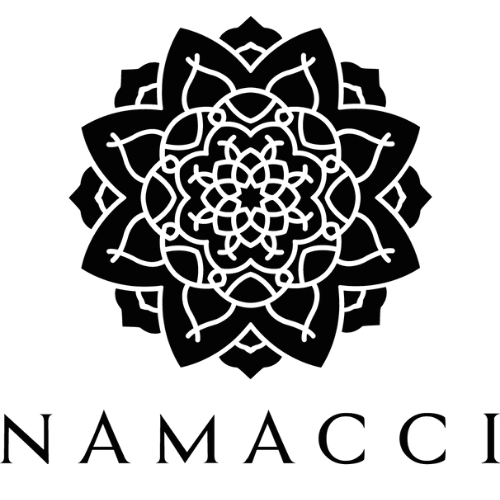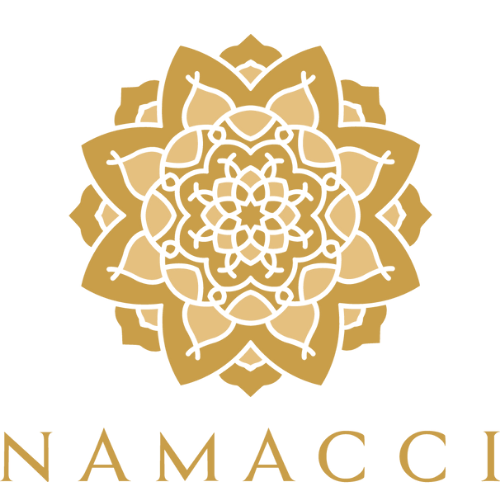What Is Aromatherapy and 7 Benefits Backed By Science
What Is Aromatherapy and 7 Benefits Backed By Science
Essential oils have gone mainstream, just like many other alternative medicine tools such as healing crystals and herbal medicine, but they’ve been around for thousands of years. Aromatherapy is an incredible resource of healing -- if you know how to use them.
In this article, we’re going to talk about a brief history behind aromatherapy and essential oils, the health benefits showed in scientific studies, how to use them properly, and the right essential oil for your needs.
What is Aromatherapy and a Brief History
https://www.pexels.com/photo/brown-glass-bottle-with-liquid-and-pipette-4021773/
Aromatherapy is a holistic healing treatment that uses natural aromatic essential oils. These oils are plant-extracted that contain chemicals and structural materials. These chemicals are natural compounds that are beneficial for humans in a myriad of ways.
The use of natural essential oils is trending now but they’ve been around for several thousands of years and used by ancient cultures like China, Egypt and India. They were known to have both physical and psychological benefits.
Distillation of essential oils is credited to the Persians in the 10th century, although there is evidence of distillation long before other ancient cultures. However, only in the 19th century that the real health benefits of essential oils were recognized.
The term “aromatherapy” was coined by a French perfumer and chemist, René-Maurice Gattefossé in a book on the topic published in 1937. In his book, René discusses the use of essential oils in treating medical conditions.
The Benefits of Using Essential Oils
But bringing essential oils to the 21st century, what can they do for us? If a few centuries ago, our ancestors were using it for medicinal and religious purposes, how can we benefit from these all-natural alternative medicines?
Even though essential oils haven’t gone through the approval of the major Western regulatory agency and modern medicine -- like most of the holistic treatments and alternative medicine from the East -- a number of studies have already recognized the benefits of aromatherapy.
Essential oils are even being used in hospitals to treat patients with PTSD, anxiety, depression and some types of infections.
The Cleveland Clinic and Medical News Today, two major outlets on traditional medicine have shared articles on the benefits of aromatherapy and some studies:
- Boost mood
- Improve night’s sleep
- Reduce inflammation, anxiety, and pain
- Reduce nausea and headache.
But leaving the labs and going further into the alternative medicine side of the equation, these natural oils can be a great option on treat a wide variety of physical and mental health issues.
For instance, rosemary, sage, and peppermint oils might improve memory and cognition. Lavender, is considered a potent relaxant and has been linked to improving sleep.
And the list goes on. Whether you’re looking for alleviating pain, improving focus, improving your sense of smell, promote better digestion, treat acne, or even balance your chakras, there’s an essential oil that might help you with your healing.
How to Use Essential Oils
Essential oils are used in different ways and you can do it according to your preference. They can be used in diffusers for inhalation, in skincare routines, cleaning, and so on.
For those dealing with anxiety, stress, mental focus, and emotional issues, the best way to benefit from essential oils is by inhalation. Use an essential oil diffuser, carry a bottle of essential oil, sniff it, or wear a diffuser pendant.
https://www.instagram.com/p/CPISoYRDu1P/
That’s why Namacci has designed a diffuser pendant that brings together the essence of healing and high vibration. You can add a blend of essential oils to the diffuser that combines sacred geometry and healing crystals.
You can choose the oil that works best for you -- more on that later on -- or ask for an aromatherapist to create one that’s unique for you. Another way to use it is by setting up a diffuser, which vaporizes essential oils into microdroplets.
If you aren’t sure about which essential oil you’d like to choose, contact us and we will create a personalized blend for you. You can use them both as aura sprays or aroma blends.
https://www.pexels.com/photo/lavender-and-massage-oils-3865676/
Bringing essential oils to your skincare routine is another option to benefit from their healing properties. Some oils are specific for toning, healing, fight skin issues, and brightening skin. However, it can cause serious skin reactions such as burns and allergic reactions if not done correctly.
Essential Oils 101
According to specialists, when it comes to essential oils used in skincare, the most important thing is to dilute them. If you’re going to use it topically, you should dilute it with a carrier oil (such as coconut, rice, and argan) to avoid skin irritation. You can check this dilution chart with proper recommendations.
If you’re new to aromatherapy and aren’t sure which essential oil you should begin with, we’ve rounded up the most common oils:
- For stress and anxiety: Lavender, cedarwood, lemon, bergamot, orange, and valerian.
- For skincare: Lavender, carrot seed, rose, rosehip, frankincense, geranium, tea tree, ylang-ylang, and patchouli.
- For cleaning: Cinnamon, pine, and lemon.
- For immune-boosting: Lemon, lavender, tea tree, eucalyptus, oregano, thyme, orange, and cinnamon.
The Essential Oils and Our Energy Centers
https://www.pexels.com/pt-br/foto/adulto-anatomia-atmosfera-clima-6932056/
Some people turn to aromatherapy to work their energy centers, also known as chakras. There are some specific oils for chakras to access the information contained within a chakra and to direct very specific energies towards personal growth and healing. We’ve rounded up the main essential oils for each chakra:
- Root Chakra: Red spikenard and Vetiver. It helps with grounding, encourages emotional strength, and provides a better mind-body connection.
- Sacral Chakra: Lavender, patchouli, orange, rose, tangerine, ylang ylan. It helps with healing shame, sexual issues, and body image. It strengthens self-confidence, creativity and sexuality.
- Solar Plexus: Lemongrass, helichrysum, lavender, cedarwood, and sandalwood. It’ll help you improve motivation and self-mastery and self-power.
- Heart Chakra: Rose and pine oil. It encourages self-love and love towards others, compassion and forgiveness.
- Throat Chakra: Blue chamomile and Frankincense. It works on the ability of communication, self-expression and truth.
- Third-eye Chakra: Sandalwood and lemon. It strengthens inner wisdom, self-awareness and enhances intuition.
- Crown Chakra: Chinese rice flower and white lotus flower. It brings higher wisdom, engagement with higher consciousness and development of spiritual practices.
By Camila Santiago











































































































